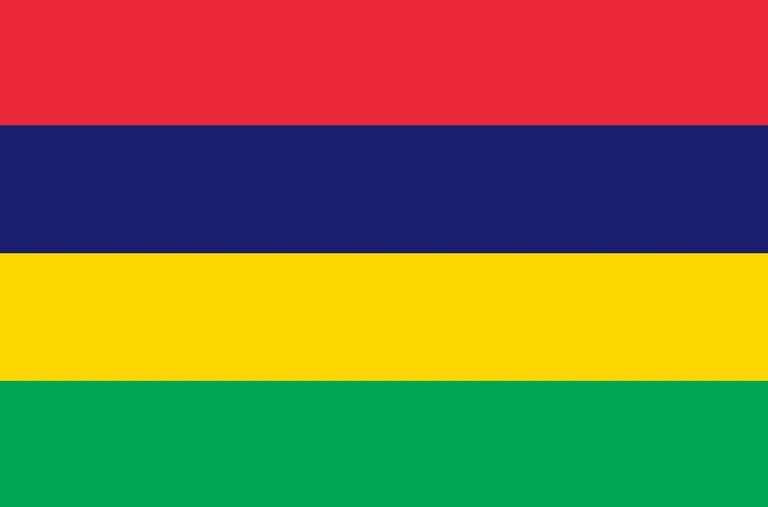Mauritius
From Wikipedia


The Republic of Mauritius, is an island country in the Indian Ocean, about 2,000 kilometres (1,100 nautical miles) off the southeastern coast of East Africa, east of Madagascar. It includes the main island (also called Mauritius), as well as Rodrigues, Agaléga, and St. Brandon (Cargados Carajos shoals). The islands of Mauritius and Rodrigues, along with nearby Réunion (a French overseas department), are part of the Mascarene Islands. The main island of Mauritius, where the population is concentrated, hosts the capital and largest city, Port Louis. The country spans 2,040 square kilometres (790 sq mi) and has an exclusive economic zone covering 2,300,000 square kilometres (670,000 square nautical miles).
Based on the only surviving map of the Portuguese discoveries dated 1502 called the Cantino planisphere, it is generally accepted that Arab sailors first discovered the uninhabited island, around 975, naming it Dina Arobi. In 1507, Portuguese sailors visited the uninhabited island with the island appearing with the Portuguese names Cirne or Do-Cerne on early Portuguese maps. A Dutch fleet, under the command of Admiral Van Warwyck, landed at what is now the Grand Port District and took possession of the island in 1598, renaming the uninhabited islands after Maurice, Prince of Orange. A succession of short-lived Dutch attempts at permanent settlement took place over a century with the aim of exploiting the local ebony forests, establishing a consistent sugar and arrack production using cane plant cuttings imported from Java together with over three hundred Malagasy slaves, before abandoning their efforts. France took the uninhabited island in 1715, renaming the island "Isle de France". In 1810, the United Kingdom seized the island, and four years later, under the Treaty of Paris, France ceded Mauritius and its dependencies to the United Kingdom. The British colony of Mauritius now included Rodrigues, Agaléga, St. Brandon, the Chagos Archipelago, and, until 1906, the Seychelles. Mauritius and France dispute sovereignty over the island of Tromelin. The treaty failed to mention it specifically. Mauritius became the British Empire's main sugar-producing colony and remained a primarily sugar-dominated plantation-based colony until independence, in 1968.
In 1965, the UK split off the Chagos Archipelago from Mauritian territory to create the British Indian Ocean Territory (BIOT). The local population was forcibly expelled and the largest island, Diego Garcia, was leased to the United States. Ruling on the sovereignty dispute between Mauritius and the UK, the International Tribunal for the Law of the Sea has ordered the return of the Chagos Islands to Mauritius.
Given its geographic location and colonial past, the people of Mauritius is diverse in ethnicity, culture, language and faith. It is the only country in Africa where Hinduism is the most practised religion. Indo-Mauritians make up the bulk of the population with significant Creole, Sino-Mauritian and Franco-Mauritian minorities. The island's government is closely modelled on the Westminster parliamentary system with Mauritius highly ranked for economic and political freedom being listed by the Economist's Democracy Index as the only country in Africa with full democracy. Mauritius ranks 72nd (high) in the Human Development Index, and the World Bank classifies it as a high-income economy. It is amongst the most competitive and most developed economies in the African region. The country is a welfare state. The government provides free universal health care, free education up through the tertiary level, and free public transportation for students, senior citizens, and the disabled. Mauritius is consistently ranked as the most peaceful country in Africa.
Along with the other Mascarene Islands, Mauritius is known for its biodiverse flora and fauna with many unique species endemic to the country. The main island was the only known home of the dodo, which, along with several other avian species, became extinct soon after human settlement. Other endemic animals, such as the echo parakeet, the Mauritius kestrel and the pink pigeon, have survived and are subject to intensive and successful ongoing conservation efforts.
Nassouh GSPI
Assessing global strength through various metrics.
contact us
gspi@nassouh.com
© 2025. Nassouh, All rights reserved.
